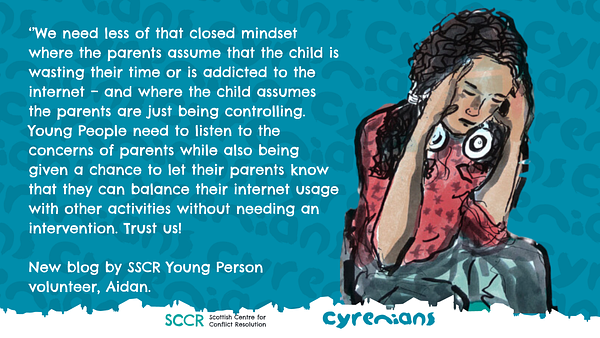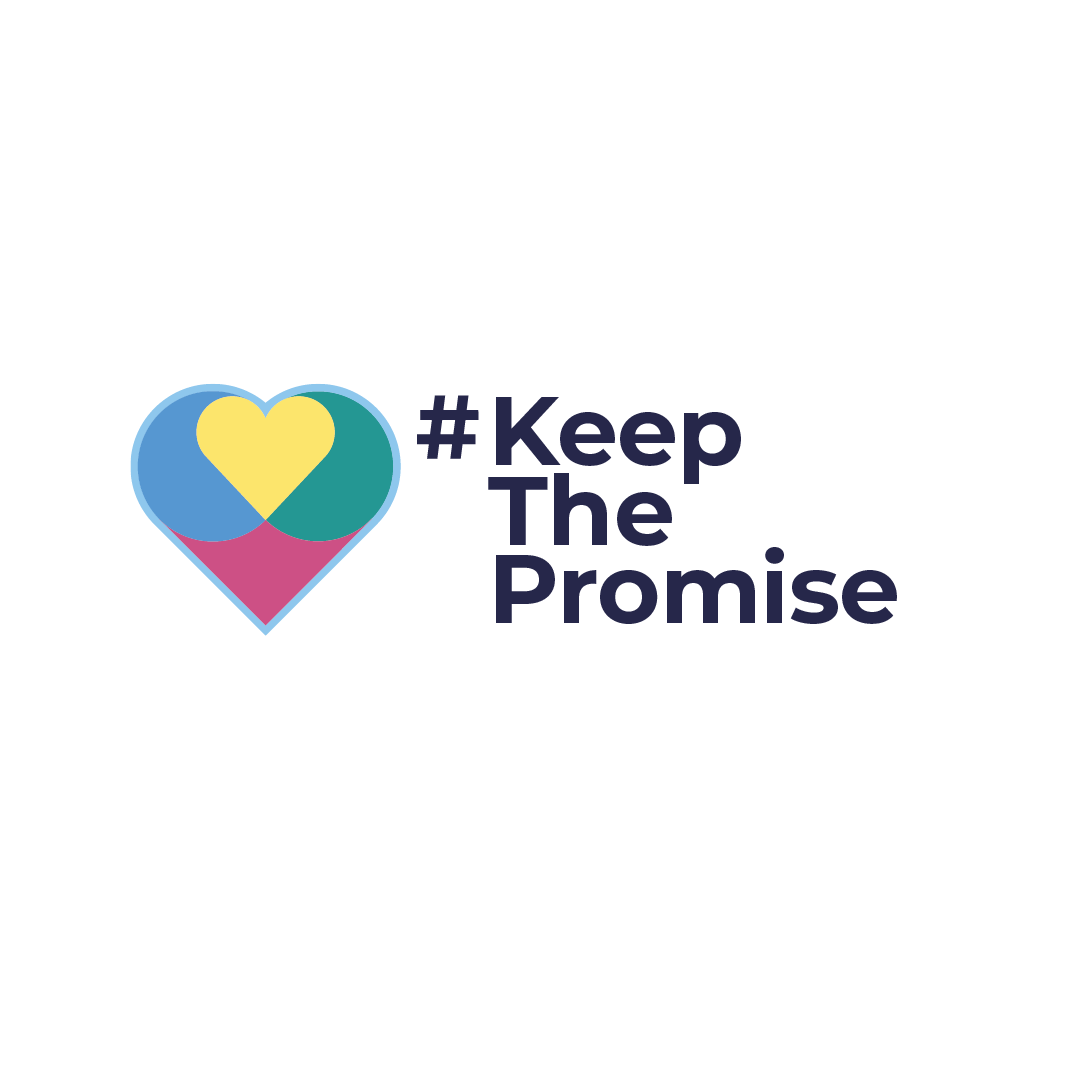International Youth Day: From Clicks to Progress
To mark International Youth Day and its theme of 'From Clicks to Progress: Youth Digital Pathways for Sustainable Development', our Young Person volunteer Aidan has blogged about how digital habits can cause tensions in the home - and what to do about i

This year, the UN’s International Youth Day’s theme is ‘From Clicks to Progress: Youth Digital Pathways for Sustainable Development’. The internet has had a massive impact on conflict and conflict resolution.
As children and teenagers use the internet more and more there is an opportunity to capitalize on social media. Many young people who have issues with conflict in their lives could be reached through social media; otherwise, they may not be aware of the help available to them.
Social media has already proven itself to be a powerful tool for raising awareness – for example during the COVID pandemic where health professionals used social media to share information about how to stay safe; another example – politics, where parties declare causes they support or issues they will fix in order to gain voters.
Digital resources could help many families overcome issues with conflict in the home and reaching those in need of the resources would be much easier as lots of people use social media.
However, increased use of social media and the internet could also be an issue between parents and their children as parents often have a problem with what they consider ‘excessive’ internet usage and young people will sometimes perceive that they are being over-regulated by their parents which leads to conflict.
In one study 67 percent of parents felt that their young people were addicted to social media. Are they addicted or do their parents just feel uncomfortable about how much time young people spend online, which may seem a lot to them but isn’t, really? Young people are quite unlikely to be actually ‘addicted’ in the common meaning of the word, but parents still worry and this might cause them to restrict internet access which is almost certain to cause some sort of argument as this seems unfair from a young person’s perspective.
I would personally say that the solution to this is more understanding between parents and children; we need less of that closed mindset where the parents think that the child is wasting their time or is addicted – and where the child thinks the parents are just being controlling. Young People need to listen to the worries of parents while also being given a chance to let their parents know that they can balance their internet usage with other activities without needing an intervention. Trust us!





